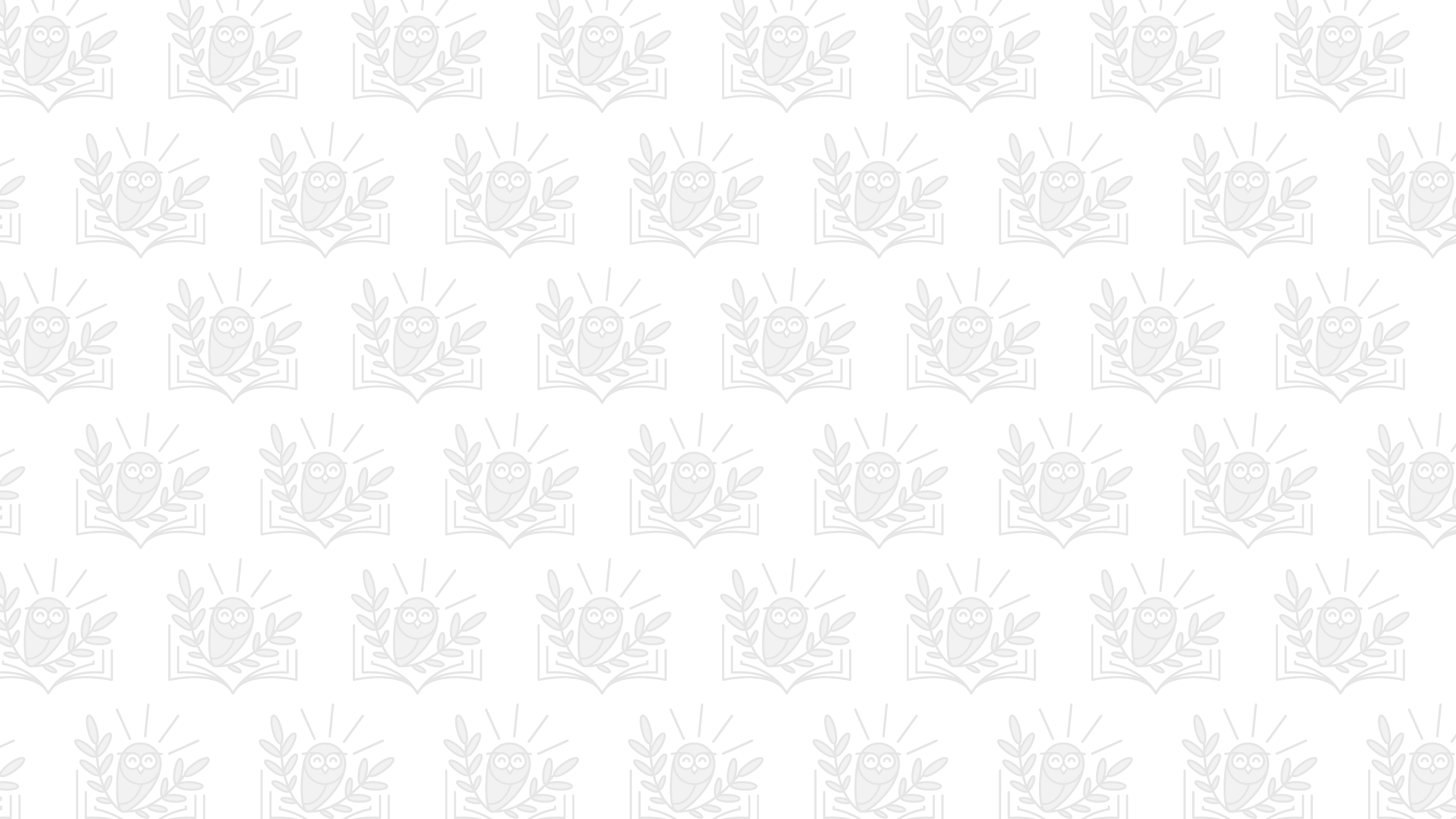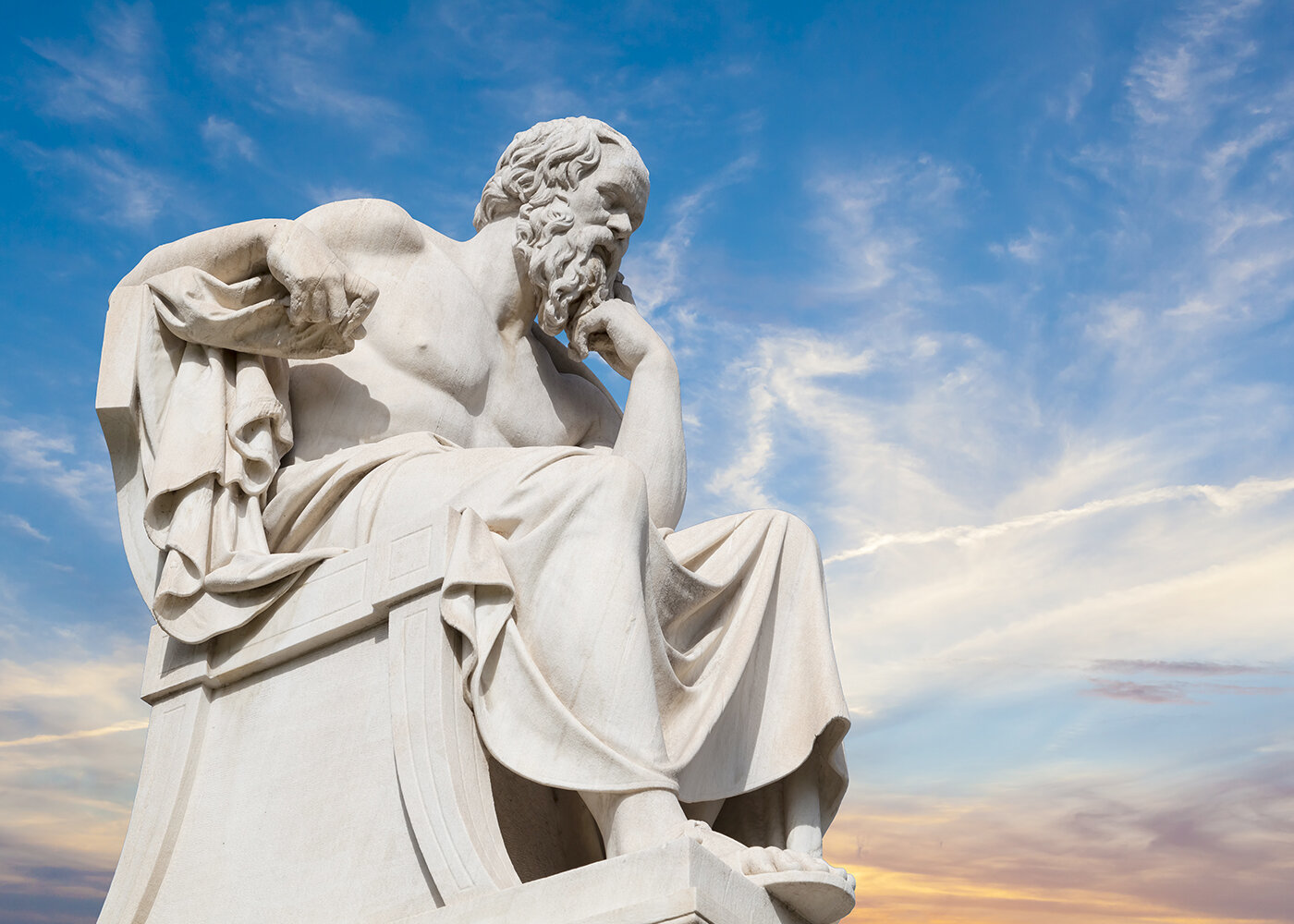Philosophy
"A philosopher is a person who thinks very deeply and is eager to know how everything really is. Then again, so are children."
- Janusz Korczak

Mission.
Our mission is to innovate the way education meets the future. We promote intrinsic motivation and personal development. We create personalized learning paths that connect with the local and global community and foster both co-creation and lifelong learning.
Thoughts.
Diego De Nicola dreamed of a new kind of school for almost a decade. After countless days (and nights) immersed in research, literature, school visits around the world, exchanges with experts in various fields, and conversations with parents—and above all, with children, this vision has now become a reality. Here are some thoughts and ideas from the philosopher, entrepreneur, athlete, father of three, and founder of School of Tomorrow.
Why do we need a new school? The world has changed drastically over the last 10-20 years. And the pace of change is accelerating. In our western world, knowledge has become accessible to everyone, everywhere and at all times. Learning by heart, acquiring pure knowledge, is no longer a sustainable, future-proof model. Traditional schooling provides too many blanket answers and asks too few critical questions. And in the process, the art and ability to think critically, analytically and independently has been almost completely lost! Questions - not learned answers - are the foundation for innovation, invention, discovery and joy.
The power of questioning.
Philosophy is often misunderstood and forgotten. We should realize that practically every field of science started out as philosophy and only when it became tangible, measurable and clearly defined did it earn its own name - such as biology, astronomy, chemistry, physics, and so on. They all began as pure philosophy.
In what ways can philosophy help build a foundation for education and life? Why do questions such as meaning of life, fulfillment in one's profession or finding one's destiny, become increasingly relevant in our lives? Because every change, evolution, innovation or decision always begins with a question.
Philosophy as a foundation for life.
The idea that children should be taught already assumes that they cannot learn on their own. And if we then make a blanket decision about what should be taught and how it should be taught, it is clear that such a system may work for some children, but certainly not for most. To then expect every "other" child to adapt to the system is unfair and inefficient.
Individual opportunity, rather than blanket injustice, is the order of the day. This requires flexible, adaptable, and innovative structures- less pressure and intervention, more relationships and trust.
A categorical injustice?
School as we know it today is still largely based on the model that emerged after the industrial revolution. The majority of today's school system is still geared towards normalization rather than individualization. The entire learning process is standardized, and then you wonder why only an absolute minority is really happy. That is why we are doing things differently and are convinced that our new model is child-friendly, family-friendly and fit for the future!
Individualize or standardize?
Quite apart from that, shouldn't schools be preparing children for life rather than just selecting them for a career at school? How many "academics" leave school with a wealth of theoretical knowledge and two left hands? And I am not saying this in a derogatory way, but from my own direct experience. Theoretical knowledge may often be an important foundation, but knowledge only becomes valuable when you know how to apply it.
Nowadays, digitalization enables us to embark on entirely new pathways and allows us to individualize almost the entire learning process. However, schools must evolve, in order to take advantage of these benefits. In the past, school was the source of knowledge - where else could you acquire knowledge in a wide variety of fields so quickly and in such a compressed form? Today, schools should embrace their new central role as communities, building bridges to reality, and instead of simply teaching, enabling and facilitating learning. School has shifted away from being the source of knowledge. Knowledge is available to virtually everyone, everywhere, right at our fingertips.
Digitalization and school.
That is why it is important to us that our little philosophers - our children - are allowed to grow up as such in this new type of school, are taken seriously as such and can achieve their goals and live out their fulfillment as such. We need to move away from setting a fixed path as a benchmark.
We must dare to empower children to find their own way - instead of trying to impose this on them with our biased and blanket ideals. Those who dare to ask, to understand, to learn, remain mentally flexible and use the new possibilities instead of mourning old times.
However, we do not believe that unconditional freedom is always the right way to go. We also set rules and boundaries, motivate where helpful and intervene when necessary. We encourage and challenge, but always take care not to overtax.
Learning for children is like water for a plant. Without it, it dies, too much at once and it drowns ... the right amount makes it grow and flourish!
Mental flexibility.
Our world is often changing faster than our ability to adapt. What is obvious is that a lot has to change. What also cannot be denied is that modern means and technologies will not simply disappear again - no matter how great or annoying we may find this.
"We've always done it this way" or "this has been tried and tested for a long time" are dangerous ideas in a rapidly mutating world. The majority of original and current jobs will disappear. We will gradually be replaced by machines and AI. But this doesn't mean that we should prepare for doom, it just means that we need to rethink, take different paths and give free rein to creativity. The entire working model is being redefined. We cannot think in old patterns and create a new future.
AI and the future of jobs.
What can a child achieve if it never loses its curiosity and the joy of learning ... if it retains its natural ease, its intrinsic motivation and its natural drive to ask questions - even as an adult - throughout its life? And that is precisely why we need to rethink the school system. This is precisely why we need to make friends with the new situation and benefit from it instead of fighting it. This is precisely why we now have excellent, revolutionary opportunities to create child-friendly and personalized educational pathways. To do this, we must dare to break new, unknown ground. At the same time, we must remain open and flexible ... we must dare to keep asking questions.
A new school.
We as a school are also constantly changing. We have our community, our creative and committed team and our role models to thank for many of our ideas. These include Dr. Remo Largo, Sir Ken Robinson, Richard David Precht, Carol Dweck, Gordon Dryer, Dr. Jeannette Vos and many other courageous philosophers, thinkers and doers from the present and the past. We are extremely grateful to be able to benefit from such a profound treasure trove of ideas, concepts and already successfully applied methods, techniques and structures.
School of Tomorrow is not intended to be an idealistic antithesis to the traditional school system, nor is it intended to be the answer to all school problems. Rather, we see ourselves as a possible solution that combines future and education, that is child-friendly and family-friendly, and that is able to adapt to each individual in order to promote and support them in their development in an ideal way, without acting in an unstructured and arbitrary manner. Thanks to our method, we can guarantee that each child receives the personalized attention they need to reach their full potential.
Inspiration and role models.
Our logo.
Our colors are inspired by the sunrise: Fresh, friendly, confident and strong.
The lettering symbolizes playfulness in combination with jagged, dynamic forward motion and a clear form and structure - inspired by elements such as the waves and the shark's fin.
The book is a symbol for discovery, knowledge, wisdom, education and competence.
An open book symbolizes the joy of experimentation and alternative learning methods that are structured but free.
The Open Book.
The olive tree stands for peace, friendship, love and loyalty. It also symbolizes something new, rebirth.
The olive tree is also relevant from a historical and mythological point of view and is a symbol of the Italian region of Apulia - the area of origin of the founder of School of Tomorrow.
The Olive Tree.
Little owl (Athena Noctua) - From Greek mythology: "... As a symbol of Athena and as a bird of wisdom ..."
The owl is also a mystical and mysterious creature that can see at night, and can fathom objects that are hidden from most of us.
The Owl.
Our "rays" have several meanings:
The sun's rays: As a symbol of radiance, warmth, joy and positivity.
The new beginning: A new day as an image for new ideas, new ways, new possibilities.
The idea: That "Eureka-moment" which leads to new thoughts, to new insights.






